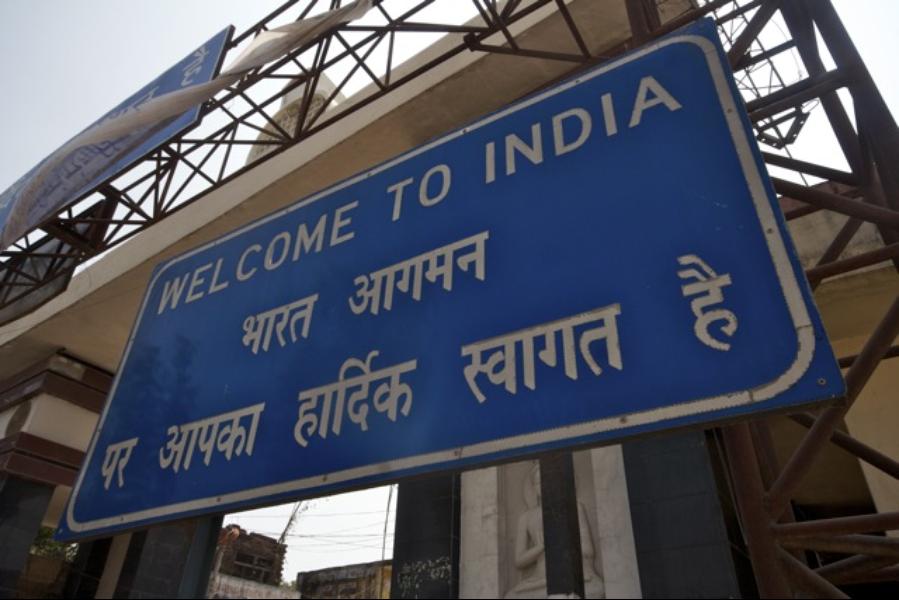Investors haven’t been this bullish on India since 2003. But all of that took a turn for the worse with the financial market crash of 2008. While other countries in the emerging markets recovered quite well starting in 2010, thanks to stimulus packages and robust China demand for commodities, India became a “gasping elephant” as an HSBC analyst famously called it in 2012. GDP growth went from 10% in 2010 to 5% in 2013. Foreign direct investment in the country declined by 30% from its 2008 levels.
Two years later, the pendulum has swung.
Optimism for doing business in India is rising. Sentiment improved when Narendra Modi was elected prime minister on a business-friendly reform agenda in May 2014, though positive signs were evident before the election. Even under the ruling Indian National Congress at the time, mired in a political quagmire that made the last two years of its rule hobbled by policy paralysis, the INC managed to permit greater foreign investment in airlines. United Arab Emirates’ Etihad Airwas was the first to bite, acquiring a stake in Jet Airways. Other policies were hamstrung by politics, primarily retail ownership by foreigners.
A survey conducted last summer by Ernst & Young found that 53% of more than 500 business leaders around the world planned to enter or expand their operations in India within the following 12 months. The list of multinationals that are making long-term investments in India includes U.K. liquor company Diageo , which acquired majority ownership of United Breweries, once run by Indian billionaire Vijay Mallya; French energy company GDF SUEZ ; pharmaceutical giant GlaxoSmithKline; Sweden’s IKEA; Singapore Airlines; Starbucks, which partner with the Tata Group; U.K. retailer Tesco; Unilever, Vodafone and Volkswagen all upped the ante on Modi.
India is loved for its domestic market. Young, relatively poor, and with a long way to grow. GDP per capital is under $2,000 annually and expected to double by 2021 to $2,700.
Still, the challenge of doing business in India is greater than any of the big emerging markets. The World Bank ranks India last in terms of ability to enforce contracts and in ease of doing business, which includes regulatory approval and permits.
Persistent corruption also compounds the challenges. Sixty-nine percent of respondents to the 2013 Ernst & Young survey said fraud is an inevitable cost of doing business in India. Many foreign investors may be motivated as much by fear as by optimism—compelled by the belief that they must invest in India to achieve their ambitions, even though they know the risks are great and the outcome is highly uncertain, said White & Case corporate lawyers in a 14 page white paper titled “Navigating India: Lessons for Foreign Investors”








